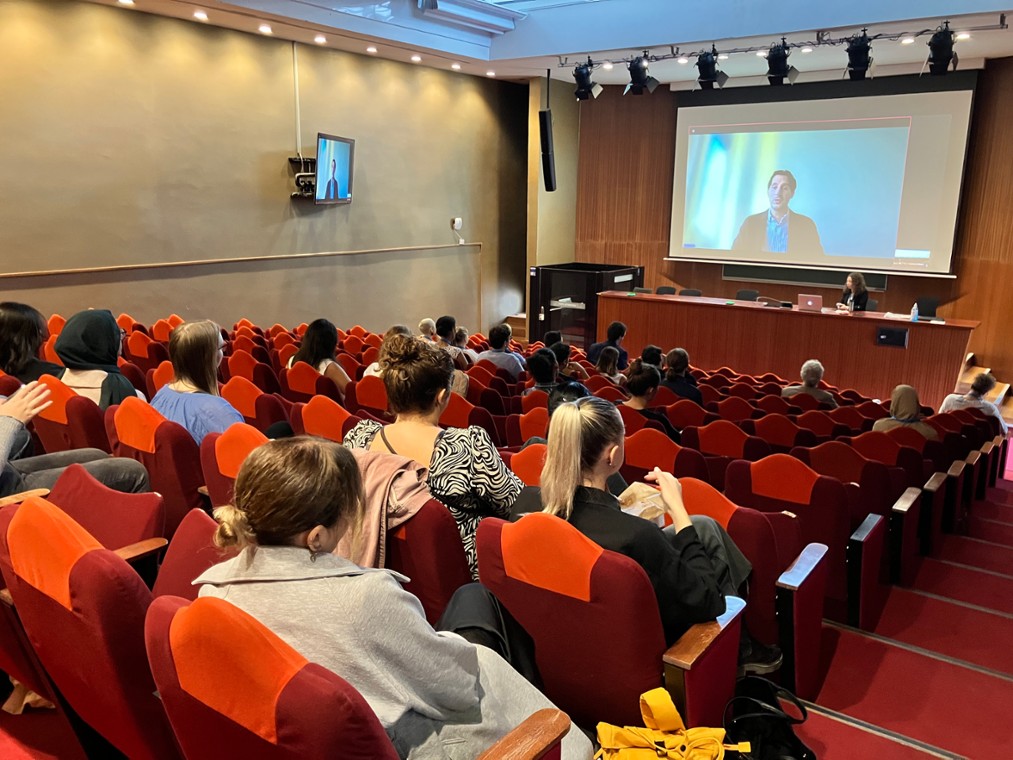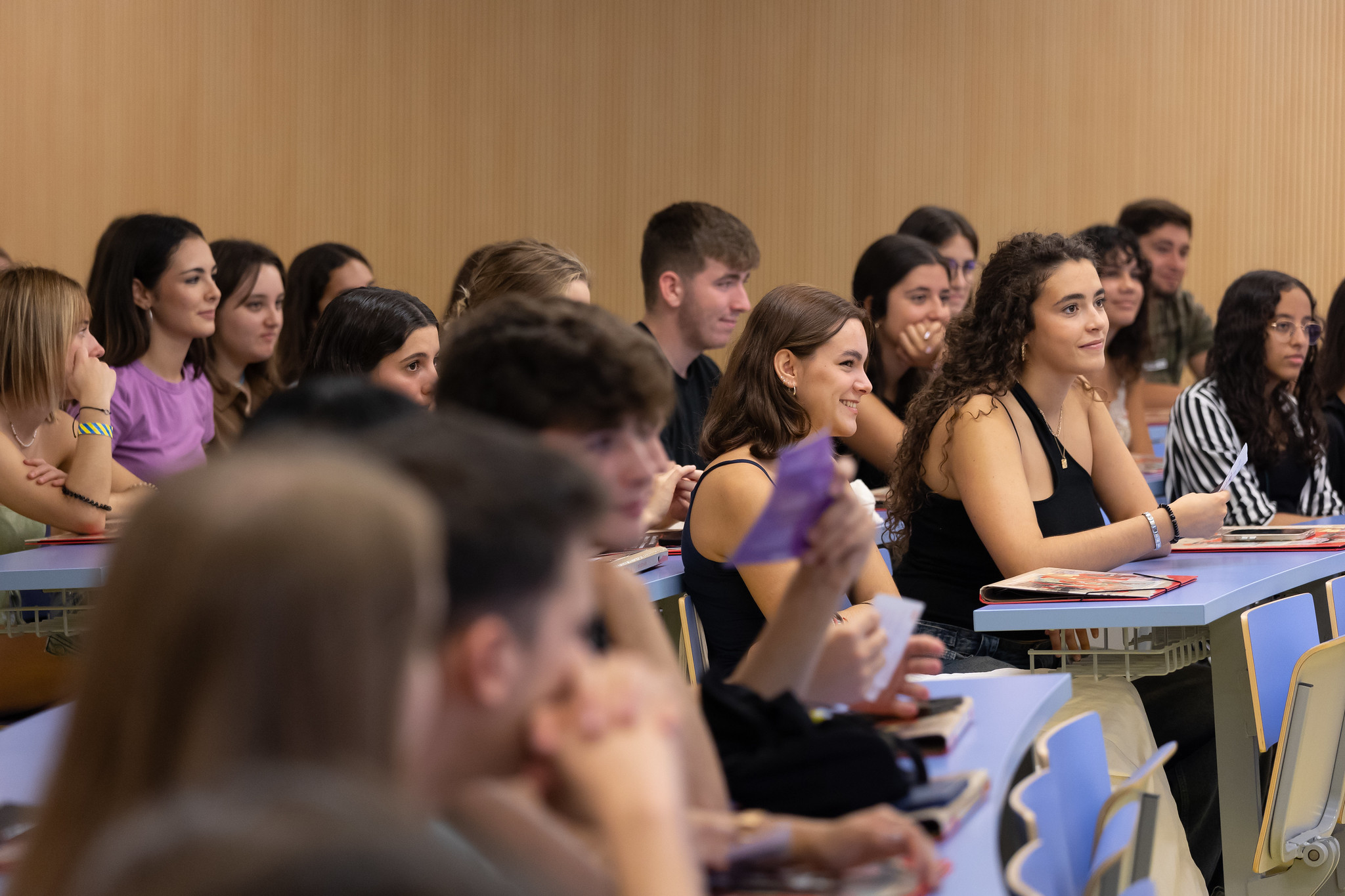
Go to content Navigation Direct access Connection

You are here :


EUTOPIA MORE is co-funded by the European Union under Grant Agreement No. 101089699. Views and opinions expressed are, however, those of the author(s) only and do not necessarily reflect those of the European Union or the European Education and Culture Executive Agency (EACEA). Neither the European Union nor EACEA can be held responsible for them.

